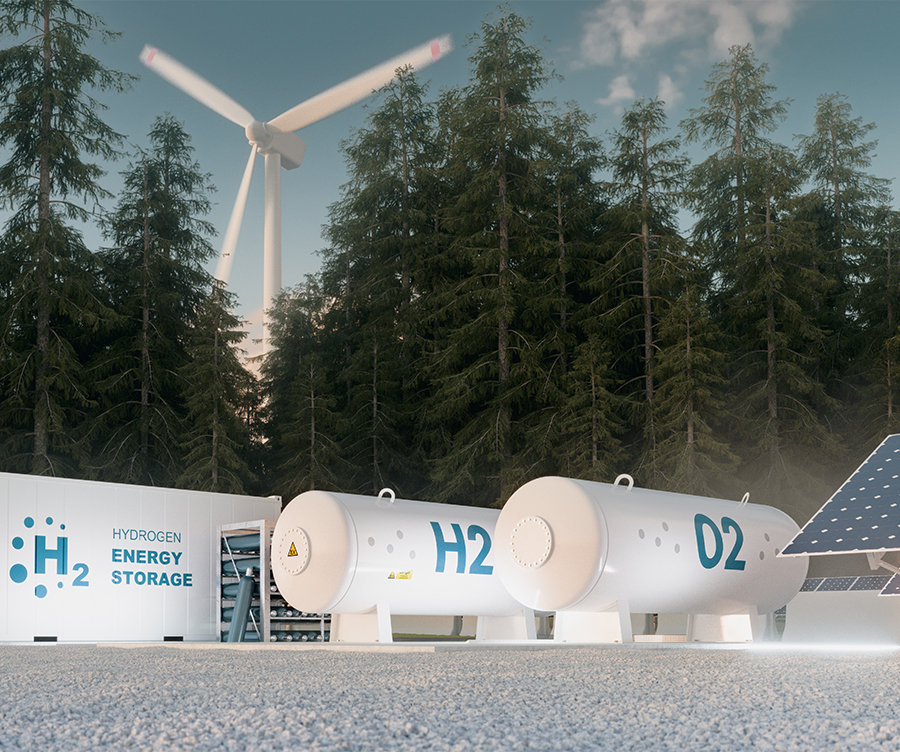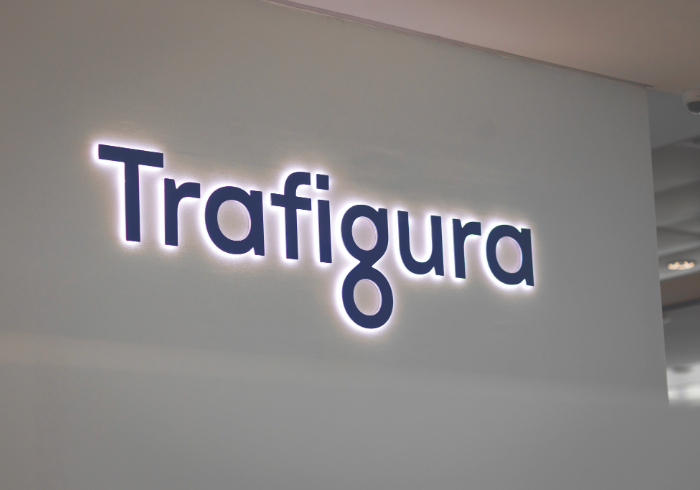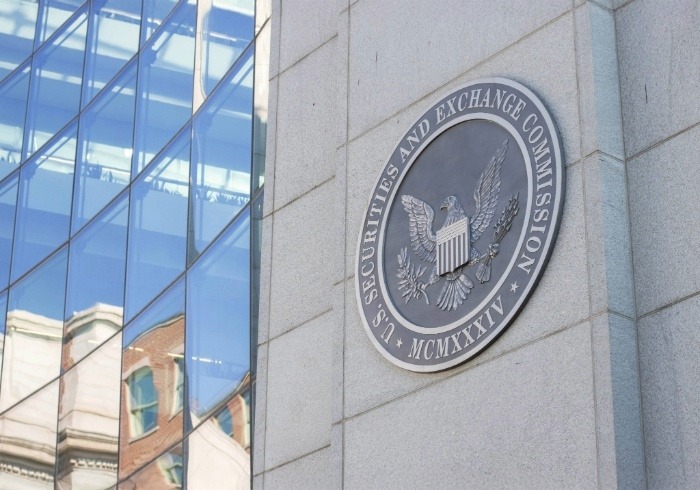Polish export credit agency Kuke has created a domestic guarantee product that will target energy transition projects such as wind, solar and gas in the European country, setting aside approximately US$2.5bn annually for the scheme.
In recent weeks, Kuke launched its green guarantee, saying it would allow Polish and international banks to significantly expand their lending for transition projects in Poland, which continues to rely on coal – the most polluting of fossil fuels – for its energy needs.
Under the scheme, Kuke will guarantee investment loans to companies whose core business is climate change mitigation or those investing in clean energy projects, such as wind farms and solar plants.
Repayment tenors can extend to 20 years or longer, with a minimum deal size of Zl10mn (US$2.55mn). Kuke will guarantee up to 80% of the loan’s value.
Kuke can also extend payment guarantees to clean energy firms, or investors, backstopping “short-term” obligations to suppliers and financial institutions involved in a project – for instance, factoring companies.
Janusz Władyczak, Kuke’s president, says the agency is “dedicating its resources and expertise to addressing the biggest challenge facing Poland’s economy in the coming decades: the energy transformation”.
Kuke expects to “achieve significant scale in this area quickly” and this year alone, “we can issue guarantees worth up to Zl10bn (US$2.55bn),” Władyczak says.
He says this is a “proven model of cooperation” between the Polish export credit agency (ECA) and banks, with Kuke having established an export development guarantee product three years ago.
Banco Santander has signed up to use the guarantees and “soon we expect Polish banks to sign similar agreements”, a Kuke spokesperson tells GTR.
The move highlights the growing role of ECAs in advancing national policy goals, such as the energy transition, competing with China, or even reducing levels of inward migration.
“Kuke is one of the first export credit agencies in the world to support the climate transformation of the national economy. Previously, these agencies focused on financing the operations and development of domestic exporters,” the agency said in September, when announcing the product.
A few ECAs, including those in the UK and Sweden, have rolled out similar guarantee products.
But unlike some other agencies, Kuke has said it is willing to cover gas projects under its green guarantee scheme, reflecting how many ECAs continue to view LNG and gas as transition fuels.
“Gas is less polluting than coal, which still represents almost 50% of the energy mix in Poland, even though its share has fallen from 80% five years ago,” says the Kuke spokesperson, noting Poland is securing gas supplies through a North Sea pipeline and LNG via Baltic ports.
They flag that in 2022, the European Commission decided to include gas in its EU taxonomy on sustainable finance, which regulates what can be labelled a sustainable investment in the bloc’s 27 member states.
Kuke’s decision to support inward gas investments in Poland also reflects its broader approach in developing countries – such as those in Asia – that still rely on fuels that are more polluting than natural gas, the spokesperson says.
Eligible projects within the Kuke scheme include facilities for electricity production from solar, wind, ocean and gas energy.
Other examples include the manufacturing of equipment for the production and use of hydrogen, hydrogen and electricity storage, transmission and distribution networks for renewable and low-carbon gases, construction and operation of water collection and treatment systems, as well as infrastructure for low-carbon travel including railways and cycling networks in Poland.
The latest Kuke programme does not require the allocation of additional state budget funds, and according to the agency, the guarantees will allow banks to increase their funding by “up to five times”.






